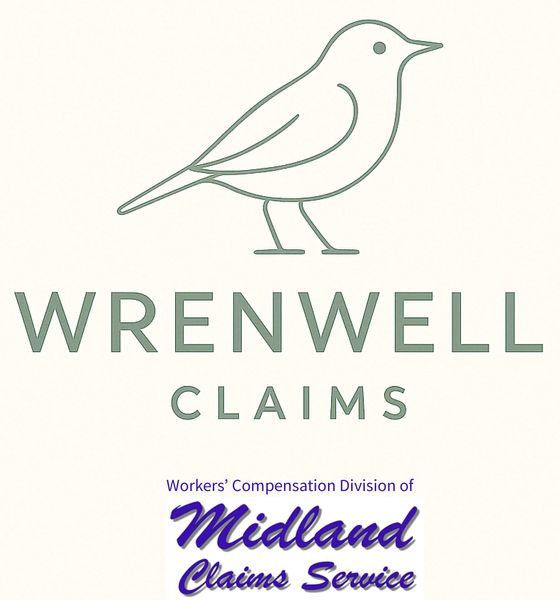MT - Johnson v Hartford - 2020 - Medical Closure
December 4, 2020
Who is responsible for defending the decision of the Department of Labor and Industry's Medical Director when the decision is made to allow wc medicals to close at 60 months post injury date? Every since the 60 month (5 year) medical closure legislation was passed by the Montana legislature in 2013, the claims industry has been anticipating challenges on a number of fronts to the law. While there remain this many years later a number of significant questions, the law has been essentially operating as designed and expected.
However, there remain open questions. For perspective, the 60 month rule states in essence that the medical treatment provided under workers' compensation terminates 60 months following the date of injury as reported. Both the injured worker and the insurer have certain rights, including the right to petition to the Department of Labor and Industry, Employment Relations Division, for medical reopening. The review of the claim requires that all medicals be duplicated and provided to the Medical Director. The Medical Director by default is the arbiter of the process, unless the party or parties request a panel review. The great majority of petition for reopenings have been conducted directly by the Medical Director. The Medical Director's decision is "final", with no mechanism in the law for either party to object or appeal.
The Johnson v Hartford (2020 MTWCC 20) (WWCC no. 2020-5019) is on topic. Mr. Johnson petitioned to the DOL&I for medical reopening for a December 2012 injury. The petition was timely and reviewed by DOL&I's medical panel. The medical panel's decision was that "...the preponderance of evidence did not support Johnson's petition to reopen his medical benefits." Absent any mechanism for direct challenge or appeal, Johnson filed a Petition for Trial to the Workers' Compensation Court. The petition named as Respondents Hartford and concurrently the Montana Department of Labor and Industry/Employment Relations Division (Re-Opening of Medicals Department - Medical Director).
DOL&I refused to participate in the case "...as it does not have a legal interest in the outcome...". Hartford moved to be dismissed from the case as the allegations made (that the decision to allow medicals to close) were against the DOL&I, not Hartford. The WCC found in favor of the DOL&I and against Hartford. In its writeup, the WCC indicates that Hartford is the proper entity to defend Johnson's appeal of the Medical Director's decision "...because if Johnson prevails, then Hartford will be liable to Johnson for additional medical benefits..."
While the language may make sense at one level, it is unclear on another. If the insurer is responsible to defend the decision made by the DOL&I, would the insurer not need to be provided documentation of the review completed by the Medical Director and/or panel? Would the DOL&I not need to be a party to the WCC action in order for the insurer to have power to subpoena those records? The WCC has placed the insurer in the position of defending the decision made by a "non-party". To close medicals is a keystone decision in the life of a workers' compensation claim. The WCC now shifts the burden of defending this decision to the insurer WITHOUT benefit of the right of discovery or access to the notes, reports and other internal documents completed by the Medical Director and panel.
Takeaway: We anticipate additional litigation on the medical closure topic as well as the potential for 'clean up' legislation.
